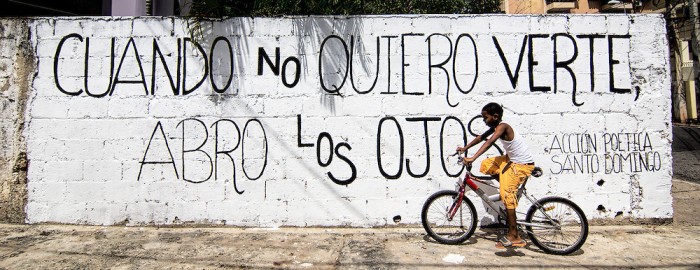from notes from no man's land by eula biss
"in the 1960s, many white suburban communities gained access to federal funds for 'urban aid' by incorporating themselves as municipalities. in the 1970s and 1980s, lenders refused to obey new fair housing laws, and the federal home loan bank board redlined areas with increasing minority populations. the 1975 home mortgage disclosure act and the 1977 community reinvestment act were ignored by the reagan administration. now, whites who became home owners under discriminatory circumstances are profiting from the appreciation of their homes. 'the appreciated value of owner-occupied homes,' writes george lipsitz, 'constitutes the single greatest source of wealth for white americans. it is the factor most responsible for the disparity between blacks and whites in respect to wealth -- a disparity between the two groups much greater than their differences in income. it is the basis of intergenerational transfers of wealth that enable white parents to give their children financial advantages over the children of other groups." (211)
"professor of anthropology allan young discusses ed daily, along with several vietnam veterans who confessed to atrocities they did not commit, in his 2002 article 'the self-traumatized perpetrator as a <transient mental illness.>' these men, who participated in military action they may have found deeply objectionable even if it was not technically criminal, now imagine themselves criminals who suffer because of their crimes -- self-traumatized perpetrators. 'in their own eyes,' young explains, 'their pain is real and an extension of the victims' suffering.' the self-traumatized perpetrator who 'becomes a victim as a consequence of being a perpetrator' is a phenomenon, according to young, mainly limited to the united states. he notes that certain cultural and political conditions encourage the self-traumatized perpetrator to manifest as a disorder, including a society that tends to think of victims and perpetrators as polar opposites. (in such a society, the person who believes himself to be both victim and perpetrator can find psychological release only through a disorder.) and so perhaps our tendency to imagine victims only in opposition to perpetrators is what prevents us from recognizing ourselves as an entire nation of self-traumatized perpetrators -- some of us experiencing our trauma as guilt, others as delusion.
when i think about the nature of guilt, i think, inevitably, about 'notes of a native son.' in that essay james baldwin writes about the bitterness and anger that destroyed his father, and then about the bitterness and anger he feels toward his father, feelings so closely tied to his feelings about his country that they cannot be untangled. 'i saw nothing very clearly,' he writes, 'but i did see this: that my life, my real life, was in danger, and not from anything other people might do but from the hatred i carried in my own heart.'
whenever i read this essay i am moved to wonder if guilt, badly handled, might be just as gangrenous and just as dangerous as hate. if anger is, as baldwin so often points out, the inevitable inheritance of the black american, then guilt may be the inevitable inheritance of the white american. (this is not a guilt based on individual wrongdoing but on collective responsibility, so if you find the word 'guilt' objectionable, think 'responsibility' instead. but i prefer 'guilt,' in part because of its religious associations. we tend to think of guilt as embarrassing and unnecessary now, but it was once imagined, the old testament suggests, as an impetus to redemption. the prophet amos: 'woe to them that are at ease in zion.')" (221 & 222)
